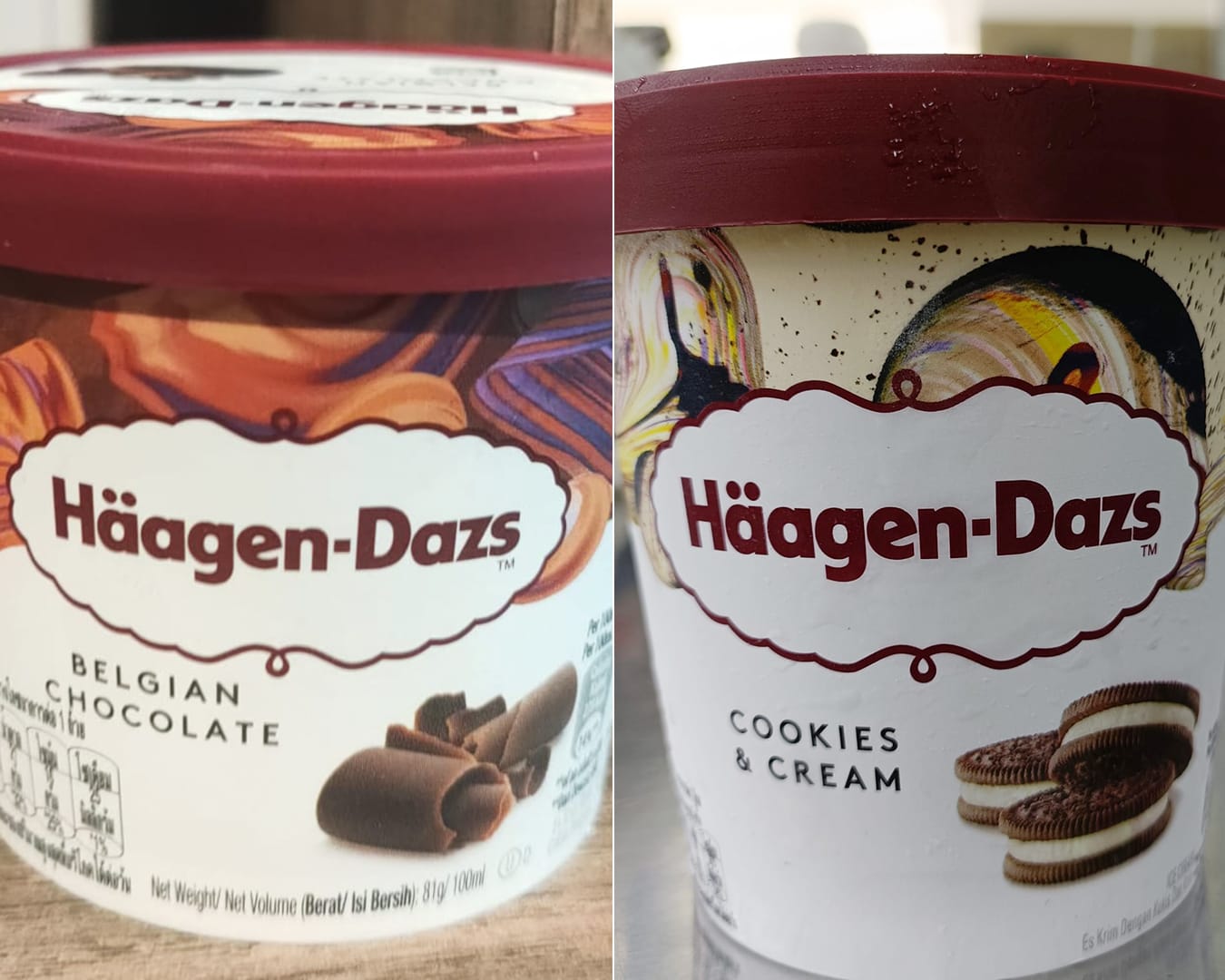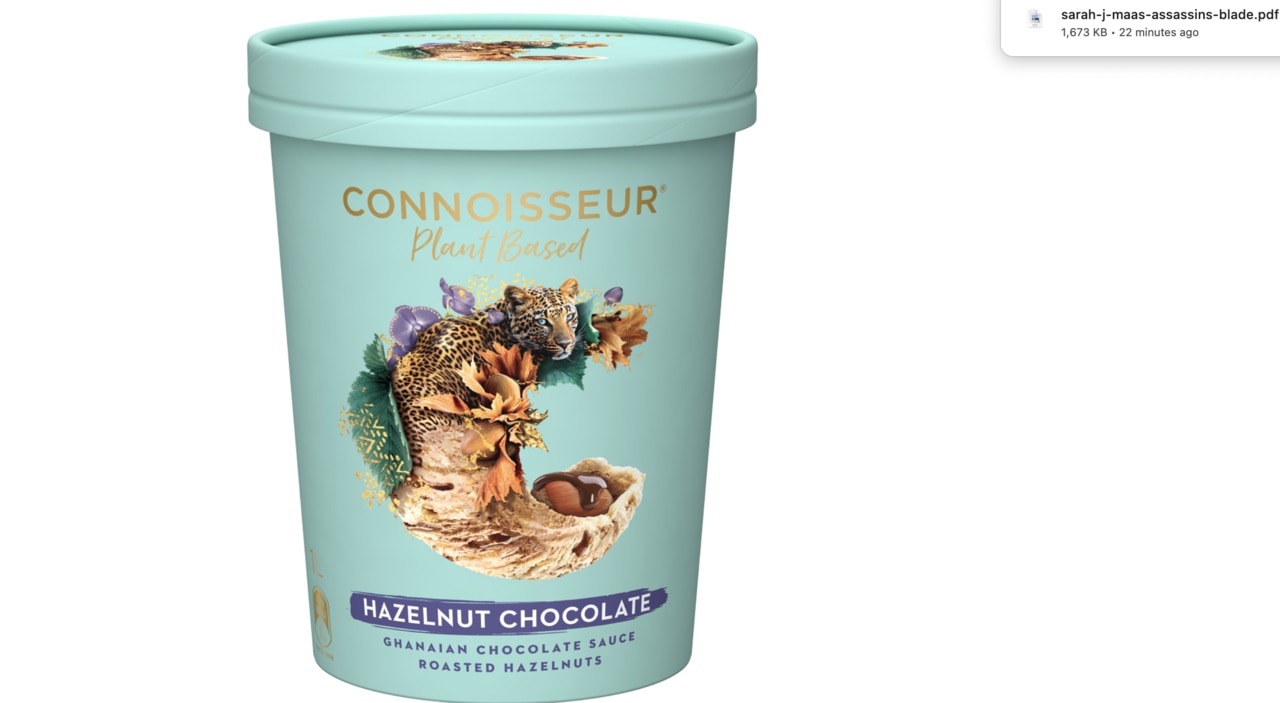Impact of the Recall: Ice Cream Recalled
A product recall can have significant repercussions, impacting not only the health of consumers but also the financial stability and reputation of the company involved. In the case of a recalled ice cream product, the consequences can be far-reaching, affecting consumer trust, brand loyalty, and ultimately, the bottom line.
Potential Health Risks
Recalled ice cream can pose a serious health risk to consumers, particularly if it contains harmful bacteria or contaminants. For instance, the presence of *Listeria monocytogenes* in ice cream can lead to listeriosis, a severe infection that can cause fever, muscle aches, and even death.
Financial Impact
The financial impact of a recall on an ice cream company can be substantial. The company may incur significant costs associated with:
- Removing the contaminated product from store shelves.
- Notifying consumers about the recall.
- Offering refunds or replacements to affected customers.
- Investigating the cause of the contamination.
- Implementing corrective measures to prevent future recalls.
The financial losses may also include decreased sales due to consumer hesitancy to purchase the brand’s products after a recall.
Impact on Consumer Trust and Brand Reputation, Ice cream recalled
A recall can significantly damage consumer trust and brand reputation. Consumers may lose confidence in the company’s ability to produce safe products, leading to a decline in sales and market share. The negative publicity surrounding the recall can also harm the company’s image and brand value.
Examples of Similar Recalls and Their Long-Term Consequences
Several examples demonstrate the long-term consequences of food recalls. In 2018, a major ice cream manufacturer recalled millions of gallons of ice cream due to the potential presence of *Salmonella*. The recall resulted in significant financial losses for the company, and consumer trust in the brand took a significant hit. Sales of the affected ice cream flavors plummeted, and the company faced numerous lawsuits.
“The recall had a devastating impact on our business. We lost millions of dollars in sales, and it took years to rebuild consumer trust.” – CEO of the ice cream company
This example highlights the significant and long-lasting impact a recall can have on a company’s financial stability and reputation.
Consumer Perspective

An ice cream recall can significantly impact consumer behavior, leading to a range of reactions and potential consequences. Understanding how consumers react to food recalls is crucial for both manufacturers and consumers alike.
Impact on Consumer Behavior
Consumers who discover a recall of ice cream they have purchased may experience a range of emotions, from mild concern to outright panic. The potential impact on their behavior can be categorized as follows:
- Immediate Action: Consumers may immediately discard the recalled ice cream, even if they have not yet consumed it. This is a common response driven by a desire to avoid any potential health risks.
- Change in Purchasing Habits: The recall may lead consumers to be more cautious about purchasing ice cream from the same brand in the future. They may also be more likely to check for recalls before buying any food products.
- Reduced Trust: The recall can erode consumer trust in the brand and its products. This loss of trust can lead to a decline in sales, as consumers switch to alternative brands.
- Health Concerns: Consumers who have already consumed the recalled ice cream may experience anxiety and worry about potential health consequences. This can lead to visits to healthcare providers for reassurance and monitoring.
Consumer Reactions to Food Recalls
Consumers react to food recalls in various ways, depending on factors such as the severity of the recall, the potential health risks, and their personal experiences with food safety. Here are some common reactions:
- Anger and Frustration: Consumers may feel angry and frustrated with the manufacturer for failing to ensure the safety of their products. This anger can be amplified if the recall is perceived as being poorly handled or if the company does not take swift and decisive action.
- Disappointment and Sadness: Consumers may feel disappointed and saddened if they enjoy the recalled product and are now unable to consume it. This can be particularly true for products that hold sentimental value or are associated with positive memories.
- Fear and Anxiety: Consumers who have consumed the recalled product may experience fear and anxiety about potential health consequences. This anxiety can be exacerbated by conflicting information or lack of clarity about the potential risks.
- Indifference: Some consumers may react with indifference to the recall, particularly if they have not purchased the recalled product or if they do not perceive the potential health risks as serious. However, this indifference can be dangerous, as it may lead to a lack of awareness about the recall and its potential implications.
Social Media and Food Recalls
Social media platforms have become a powerful tool for spreading information about food recalls. The rapid dissemination of information through social media can be both beneficial and detrimental.
- Rapid Information Dissemination: Social media can quickly spread awareness of a recall, reaching a wider audience than traditional media outlets. This can help to alert consumers to the potential risks and encourage them to take action.
- Misinformation and Rumors: Social media can also be a breeding ground for misinformation and rumors about food recalls. This can create unnecessary panic and confusion, leading to consumer anxiety and mistrust.
- Consumer Empowerment: Social media allows consumers to share their experiences and concerns about food recalls. This can help to hold manufacturers accountable and advocate for better food safety practices.
Legal Implications for Consumers
Consumers who have consumed recalled ice cream may have legal recourse, depending on the specific circumstances and the severity of the potential health risks.
- Personal Injury Claims: Consumers who experience illness or injury as a result of consuming recalled ice cream may be able to file personal injury claims against the manufacturer. These claims typically seek compensation for medical expenses, lost wages, and pain and suffering.
- Class Action Lawsuits: Consumers may also join class action lawsuits against the manufacturer, seeking compensation for economic losses such as the cost of the recalled product and the inconvenience of having to dispose of it.
Ice cream recalled – The recent ice cream recall is a stark reminder that even beloved treats can harbor hidden dangers. It’s a shame, because nostalgia for classic flavors is often tied to happy memories, like collecting those iconic McDonald’s collector meal cups.
The cups themselves may be safe, but the ice cream they once held should be approached with caution. It’s a lesson in appreciating those memories while also recognizing the need for safety and quality control.
The recent ice cream recall highlights the importance of strong leadership in ensuring public safety. Leaders like Dolton Mayor Tiffany Henyard are crucial in navigating such crises, providing clear communication and ensuring swift action. This situation underscores the responsibility of all stakeholders, from manufacturers to local officials, to prioritize consumer well-being and prevent future incidents of foodborne illness.
